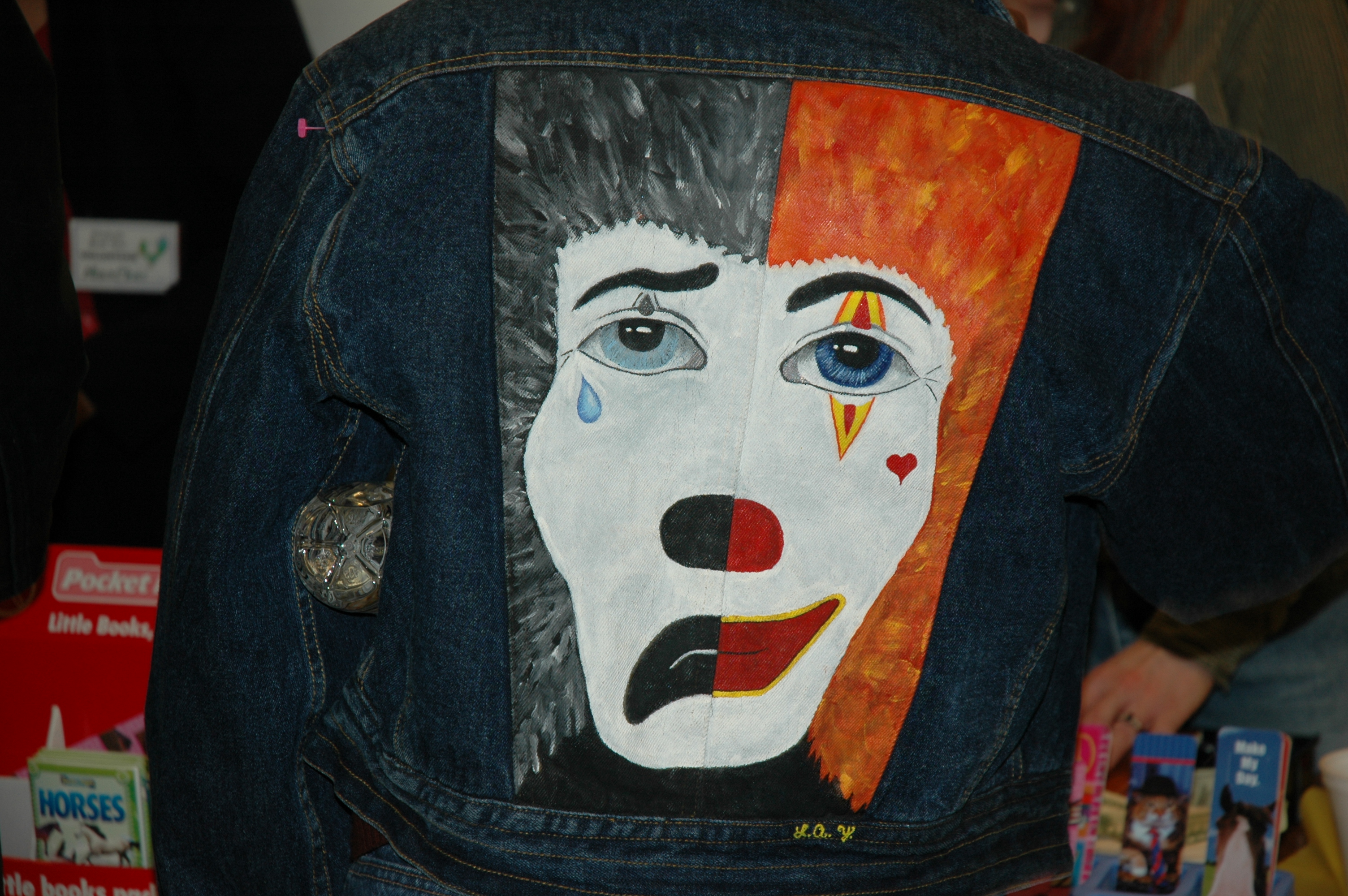Yesterday, ZDNet’s Sam Diaz harped that RSS was “a good idea at the time, but there are better ways now.” ReadWriteWeb’s Marshall Kirkpatrick responded on his personal blog: “If you think RSS is dead then that’s your loss and a big one.” Their opposing positions go oddly together, and both make some valid points.
The topic interests me—and hopefully you—because my RSS habits are changing. I even briefly considered dumping RSS for services like Facebook and Twitter, which is what Sam recommends.
Google’s second edition of Power Readers prompted Sam’s post. Power Readers is a collection of mostly journalist types’ reading sources. Google compiles the list to promote RSS and Google Reader. Sam says he hasn’t used Google Reader in weeks and that there really no longer is place for RSS:
The truth of the matter is that RSS readers are a Web 1.0 tool, an aggregator of news headlines that never really caught on with the mainstream the way Twitter and Facebook have. According to a Forrester Research study about the reach of social technologies, only nine percent of US online adults said they use an RSS feed monthly, down from 11 percent the year before. By contrast, 50 percent are visiting social networking sites, up from 34 percent last year and 39 percent are reading blogs, up from 37 percent a year ago. The official name for RSS was Really Simple Syndication but for the many people, including those I helped set up with an RSS reader, it never really was that simple.
Sam is right, RSS never made the consumer mainstream and probably never will. Revealing: Teen RSS usage. If digital natives aren’t using RSS, it will probably never break the mainstream. But younger Millennials do use social networks like Facebook.
Marshall responds to Sam:
Twitter, Facebook and aggregators like Techmeme or Google News suffice for Sam, he says. He’s far from alone. They sure don’t suffice for me. I do get a whole lot of story leads, perspective and more from Twitter (something I wrote about in an article titled ”Twitter is Paying My Rent”) but RSS is no less important for me today than it used to be.
Marshall also no longer uses Google Reader. He explains: “Our team scans over thousands of company RSS feeds each morning for updates (what news writer wouldn’t do that?) and we use an open source customizable meme-tracker to make sure we haven’t missed anything important.”
Perhaps this is telling commentary about how Marshall and Sam use RSS. I rarely read anything on ZDNet, but ReadWriteWeb is daily, mandatory consumption.
RSS is important for news gathering and for other purposes. There are plenty of services, like FriendFeed, that pull RSS feeds. Sam rightly points out lagging direct consumer usage but wrongly writes the RSS epitaph. Marshall understands the value of feeds and puts them to good use.
I also considered dumping RSS for Facebook and Twitter. The latter had been really useful. But then, a few weeks ago, about the time of the Twitter DoS attack, the quality of tweets changed. My good Twitter traffic is down, while the tweets I would want are gone. Perhaps it’s a coincidental function of summer vacation, and fewer of the people I follow are tweeting. Meanwhile, marketing tweets increase in number.
I won’t abandon RSS feeds, but I am changing how I consume them. I’ve dumped most of my commercial news feeds; there’s too much repetitive news that isn’t interesting. I’m also looking for a good RSS reader—or, better, feeder. For news and such, I want the feeds coming to me based on keywords or hashtags. I don’t want to monitor news feeds anymore.
At the same time, I am increasing the number of people I follow, by RSS or services like Facebook, FriendFeed or Tumblr. I find many people posts to be much more interesting and original than the blathering commercial blog and news sit content. ReadWriteWeb is one exception.
How did I enter this discussion? Marshall’s personal blog post showed up in my RSS feeds. Perhaps non-RSSer Sam missed it?
